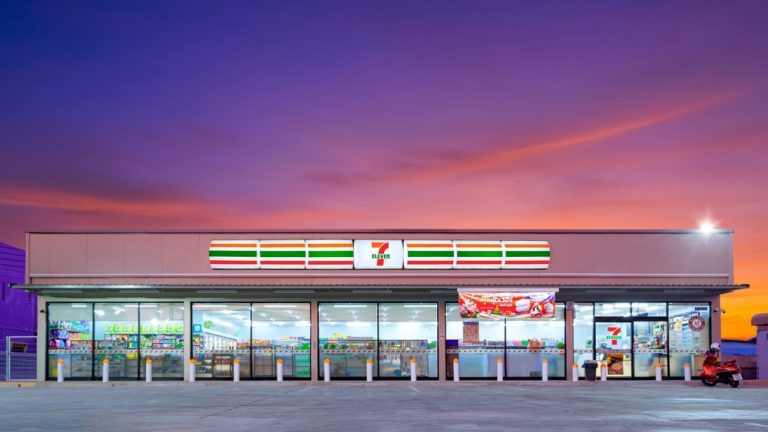America’s largest convenience store chain, 7-Eleven, is planning to close 272 locations in the coming months, amid a challenging year for retailers. This decision follows the trend of widespread store closures affecting companies like Family Dollar, Rue21, 99 Cents Only Stores, and CVS. Additionally, 7-Eleven will also sell dozens of Speedway gas stations, another chain it owns, which has locations in 22 states.
Despite these closures, 7-Eleven is not in financial trouble. On the contrary, the company plans to open 270 new stores in the U.S. this year, effectively balancing the number of operational locations. Currently, 7-Eleven operates 9,207 stores across the country. Regular closures are part of the company’s strategy, as they shuttered 184 stores last year alone.

The specific locations set to close have not yet been disclosed, but it is likely that states with the highest number of 7-Eleven stores will be most affected. These states include California, with 1,896 stores, Texas with 1,368, and Florida with just over a thousand. Other states potentially impacted are Virginia, New York, Maryland, Colorado, New Jersey, Illinois, and Pennsylvania.
The decision to close certain locations while opening new ones suggests a strategic shift in operations rather than a sign of financial distress. By reallocating resources, 7-Eleven aims to optimize its store network and maintain its market presence. This move reflects the broader retail industry trend of reevaluating and adjusting business models to stay competitive.
Overall, 7-Eleven’s strategy to manage its store locations highlights the dynamic nature of the retail market. The company’s approach of closing underperforming stores and simultaneously expanding into new areas aims to ensure sustained growth and profitability.




